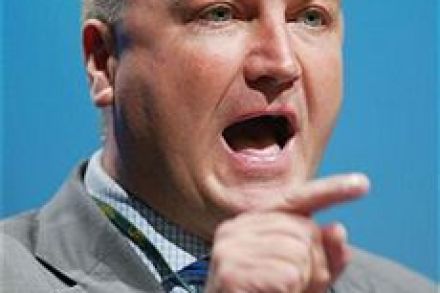Andrew Mitchell recasts DfiD’s role
Andrew Mitchell’s speech today at the Royal College of Defence Studies confirms me in my view that Mitchell is one of the most impressive members of the current government. Mitchell, a former soldier, is moving the Department for International Development away from being the government wing of Oxfam and into a department that plays its part in delivering Britain’s foreign policy objectives. The main theme of his speech today was that DfID and the Ministry of Defence have to work more closely together in post-conflict environments. For instance, Mitchell has cut aid to middle income countries to redirect it to Afghanistan, where it can play a role in trying to
















